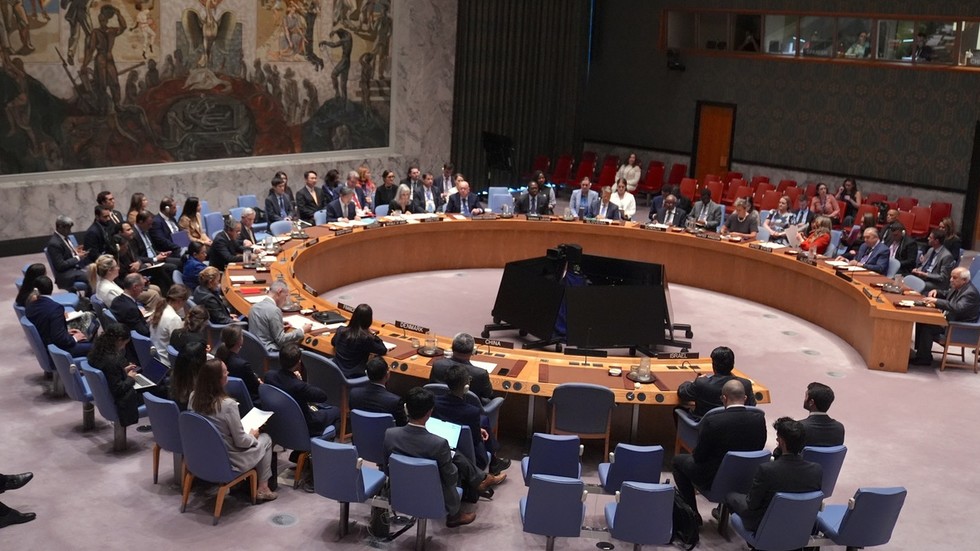The UN Security Council has rejected a draft resolution sponsored by Russia and China to extend sanctions relief for Iran, paving the way for the reinstatement of restrictions on the country’s nuclear program. The resolution, which called for a six-month extension of relief, received four votes in favor from China, Russia, Pakistan, and Algeria, but was opposed by nine countries, with two abstentions.
The vote follows the trigger of the “snapback mechanism” by France, Germany, and the UK, which claimed that Iran had significantly violated the Joint Comprehensive Plan of Action (JCPOA) agreed upon in 2015. The mechanism allows for the reinstatement of sanctions that were lifted under the deal. The sanctions are set to resume at midnight GMT on Saturday.
Russia’s deputy ambassador to the UN, Dmitry Polyansky, rejected the Western countries’ claims that they had the right to trigger the snapback mechanism, calling their statements “mere noise.” US Deputy Representative Dorothy Shea welcomed the outcome of the vote, describing the draft resolution as a “hollow effort” to relieve Iran of accountability for its nuclear commitments.
Iranian Foreign Minister Abbas Araghchi warned that the reinstatement of sanctions would set a “dangerous precedent” and undermine the credibility of the UN Security Council. However, he expressed readiness for talks on Iran’s nuclear program, stating that “diplomacy never dies, but it has become more difficult.”
The development comes after the US and Israel bombed Iranian nuclear facilities in June, citing concerns that Tehran was seeking to develop an atomic bomb. Iran maintains that its nuclear program is peaceful. The rejection of the draft resolution and the reinstatement of sanctions are likely to escalate tensions between Iran and the Western countries, making a diplomatic resolution to the nuclear issue more challenging.
The international community will be closely watching the next steps, as the reinstatement of sanctions could have significant implications for regional stability and the global non-proliferation regime. With Iran still open to talks, there may be opportunities for diplomatic engagement to resolve the nuclear issue, but the path forward remains uncertain.
